A medium carrot has 4g of net carbs. If you insist on eating it on keto, add a few diced cuts to your soups or low-carb veggies. Learn how carrots improve your health.
Carrots are a root vegetable, and like many root vegetables, they’re high in carbohydrates. One medium carrot weighing just 60g will give you around 4g of net carbs. This makes carrots, and other root vegetables, a no-no on a ketogenic diet.
Still, carrots are an important food staple and they’re also rich in beneficial nutrients and healthful compounds. Adding them to your keto diet in small amounts can help you get the benefits of this sweet root vegetable without being kicked out of ketosis. To learn more about carrot nutrition facts and how they fit into a keto diet, keep reading.
How Many Carbs in Carrots?
Carrots are mainly water (88%), but their dry weight is mainly carbohydrate (11%). The carbs in carrots are mostly starch. However, carbs also provide simple sugars like sucrose and glucose.
In 100g of carrots, there are 6.7g net carbs (digestible carb) and 2.8g of fiber (indigestible carbs) [1]. While that may not seem like much when compared to other high-carb food such as potatoes, it is still considered problematic on keto.
On a ketogenic diet, you should focus on eating low-carb but nutrient dense vegetables such as cucumbers. This way, you’ll be able to eat a variety of plant foods while still meeting your keto macros. If you eat too many high-carb plant foods, you run the risk of both being kicked out of ketosis and not meeting your daily needs for certain nutrients.
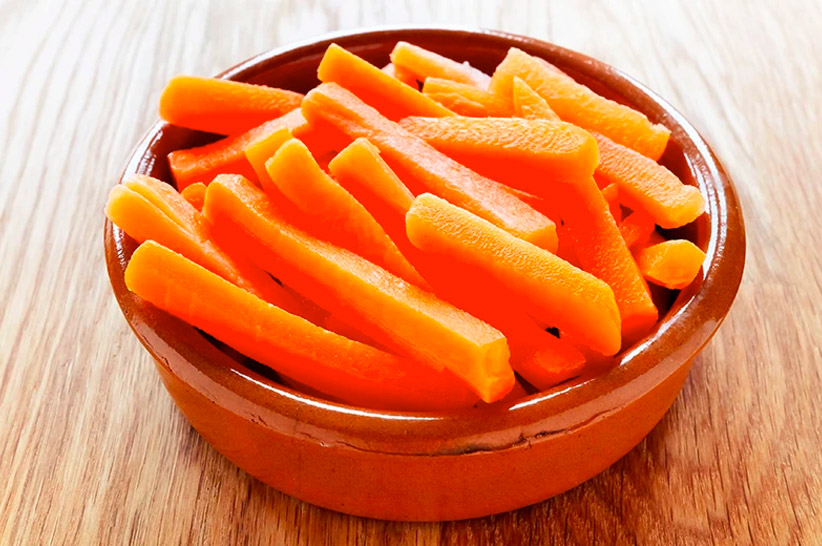
In other words, you shouldn’t eat carrots on keto because a small serving provides a lot of carbs practically forcing you to reduce your portion sizes or skip meals to stay within your macros.
How Many Calories in Carrots?
Carrots are a low-calorie food despite being a starchy root vegetable. One medium carrot provides only 25 calories while 100g provides 41 calories.
Most of these calories come from the carbohydrates in carrots. Carrots are low in carbohydrates because they consist mostly of water.
Nutritional value of carrots
While carrots are definitely low in calories and a moderate source of carbs, they do pack a punch in other nutrients.
They’re one of the richest sources of vitamin A, with one medium carrot providing 200% of the daily value (DV) for this important nutrient.
Besides vitamin A, carrots provide lots of fiber and vitamin K. Carrots are only a modest source of B vitamins, vitamin C, vitamin E, potassium, calcium, and manganese. They’re also low in fat and protein.
| Nutrition Info: Carrots (100g): |
| Calories 41 |
| Total Carbohydrates 9.6g |
| Fiber 2.8g |
| Protein 0.9g |
| Total Fat 0.2g |
| Vitamin C 5.9mg |
| Vitamin A 16,706 IU |
| Potasium 320mg |
| Magnesium 12mg |
Can You Eat Carrots on the Keto Diet?
In short, best not to. While carrots are certainly not the biggest offenders on a keto diet, it’s really best to avoid them. This is especially the case for recipes that call for more than one or two carrots such as carrot soup, carrot cake, carrot salad, etc.
Instead of carrots, you can go for some of the following ingredients:
- Cucumbers
- Zucchini
- Celery stalks
- Capsicum
- Daikon radishes
- Pumpkin
Most of these have fewer than 5g net carbs per 100g of fresh produce. Some can replace the texture of carrots in, say, salads and crudités. Pumpkin, in particular, can replace the flavor of carrots and it also has the same orange color.
Health Benefits of Carrots
While carrots are not your friend on keto, that doesn’t mean they are bad for health. In fact, they have nutrients and bioactive compounds that can contribute to better health. Here is what research has to say about carrot health benefits:
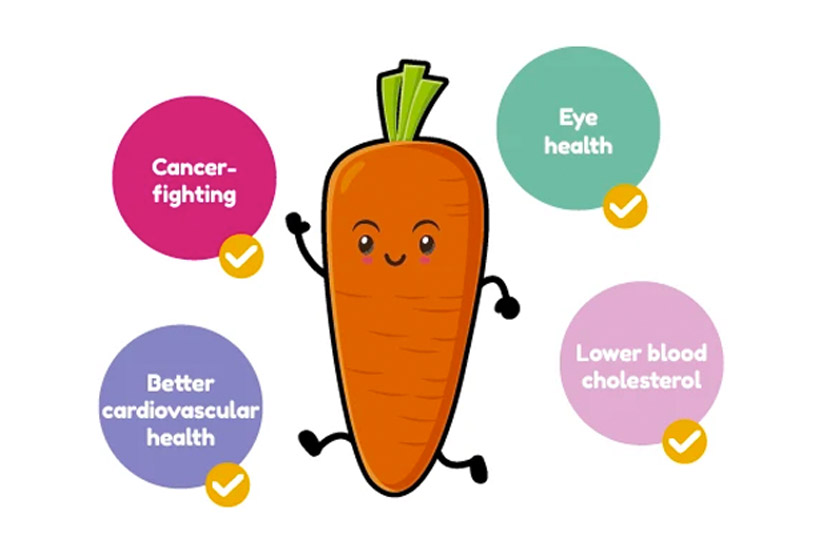
1. Cancer-fighting
A study examined the effects of bioactive compounds on leukemia cells found promising results 2. Carrots, namely contain plenty of beta-carotene and polyacetylenes, compounds that seem to have mild cytotoxic effect, i.e. they kill cancer cells. There’s also ample evidence that carrots are most effective in preventing gastric cancers 3.
2. Eye health
Vitamin A is extremely important for the health of your cornea – the surface of your eyes. Eating carrots helps prevent dry eyes and may even protect your vision by preventing age-related vision loss and macular degeneration. However, carrots won’t help you see in the dark. This is a very popular myth that has long been refuted 4.
3. Lower blood cholesterol
Having high levels of the wrong cholesterol in your blood puts you at risk of heart disease. While high blood cholesterol in and of itself isn’t the sole reason people develop cardiovascular disease, it’s best to try and keep your cholesterol low. Studies show that regular intake of carrots reduces cholesterol by 11% 5.
4. Better cardiovascular health
Another way carrots can protect your heart and blood vessels is by increasing your total antioxidant status and decreasing oxidation of blood lipids 6. Oxidative stress is a leading driver of cardiovascular diseases, and carrots can help reduce it by providing your body with powerful antioxidants.
How to Eat Carrots on Keto?
First off, you shouldn’t really eat carrots on a strict keto diet. They’re perfectly fine on other diets, though. But if you take a more lax approach to keto and insist on keeping carrots on your food list, then consider doing the following:
1. Add it to soups
Carrots are a staple soup ingredient, especially with chicken and bone soups. Feel free to add a carrot or two to your soup making sure to keep other ingredients low carb. You won’t be eating the whole carrot with a single bowl of soup anyway, so no need to worry about those few extra carbs.
2. Mix it with low-carb veggies
When making salads or crudités, mix carrots with other low-carb veggies to reduce the meal’s carb content. This way, you’ll satisfy your love of carrots while sticking to your macros.
3. Eat it as a snack
Crunchy and sweet carrots really make for a great snack. Have a medium carrot between meals and avoid eating any fruits for the day. This will give you an extra 4g net carbs, which isn’t too much if you keep other meals low carb.
Takeaways
- Carrots are a starchy root vegetable that provides a moderate amount of carbs of 4g per 100g of raw produce.
- Carrots are not considered keto friendly due to their relatively high carb content at small serving sizes.
- Still, carrots are not the worst keto diet offenders, so you can squeeze them into your weekly meal plan.
- You can also replace carrots with low-carb vegetables that are similar in taste, color, and texture like carrots.


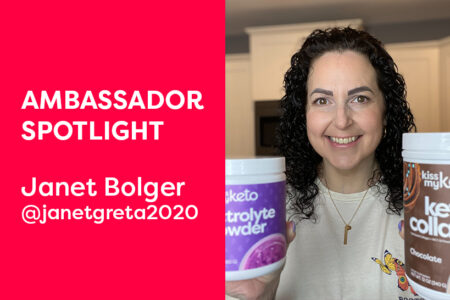

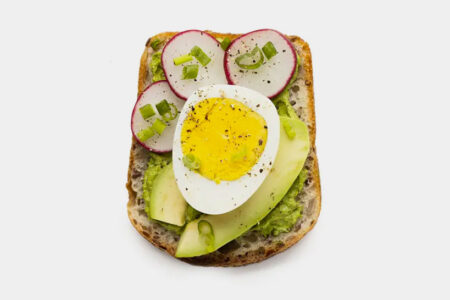
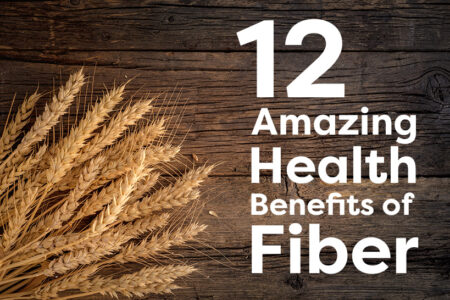




![Juicing for Weight Loss: Everything You Need to Know [Plus Recipes]](/wp-content/uploads/2019/08/Juicing-for-Weight-featured-image.jpg)






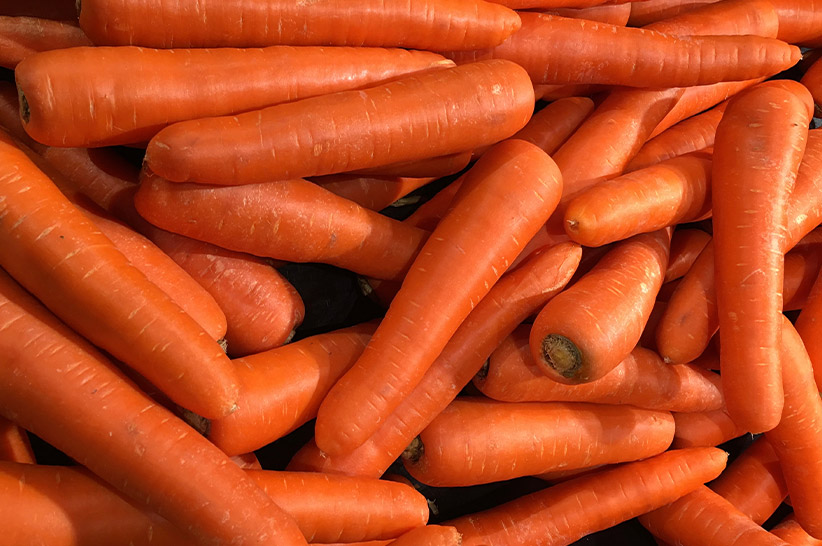
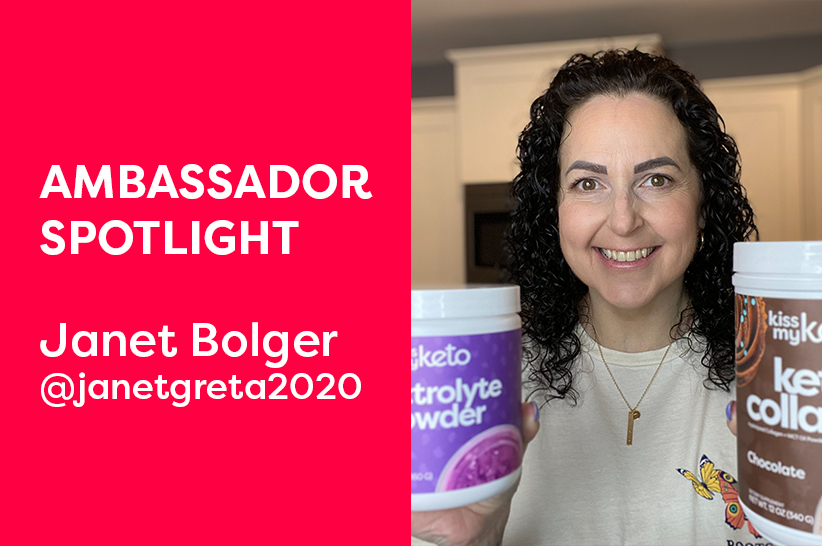

Eat all the raw veg you want! I produce more ketones when eating raw veg than I do if I eat anything else, even if they have higher carbs. All this veg offending is dangerous and will lead to nutritional deficiencies. Eating for taste and pleasure is eating for passion, so it isn’t a valid point to just replace the taste and texture of carrots with other foods just for passion.
Eat in moderation, and you’ll be fine. Don’t just eat crap because you’re scared veggies will keep you out of ketosis. People die from the keto diet, veg phobias are not necessary.
Sweet potatoes etc, fine, there’s plenty more minerals and vitamins you can get elsewhere. It’s also wise to note when these foods appear in nature, ie, Autumn. This season is meant to build fat, for the upcoming shortage of food in the months to come. Fattening up and fasting for a month or two is perfectly normal and expected of us in nature. We weren’t born with access to all foods and we may not always have the luxury of practicing keto all year round when supplies are low. Carrots were tiny before hybridisation by humans, just grate a third or so of a carrot and you’ll still reap the benefits.
You don’t have to eat a whole carrot, leak, beet etc to get the benefits. Please don’t be scared of colourful food, rainbows are good for you!